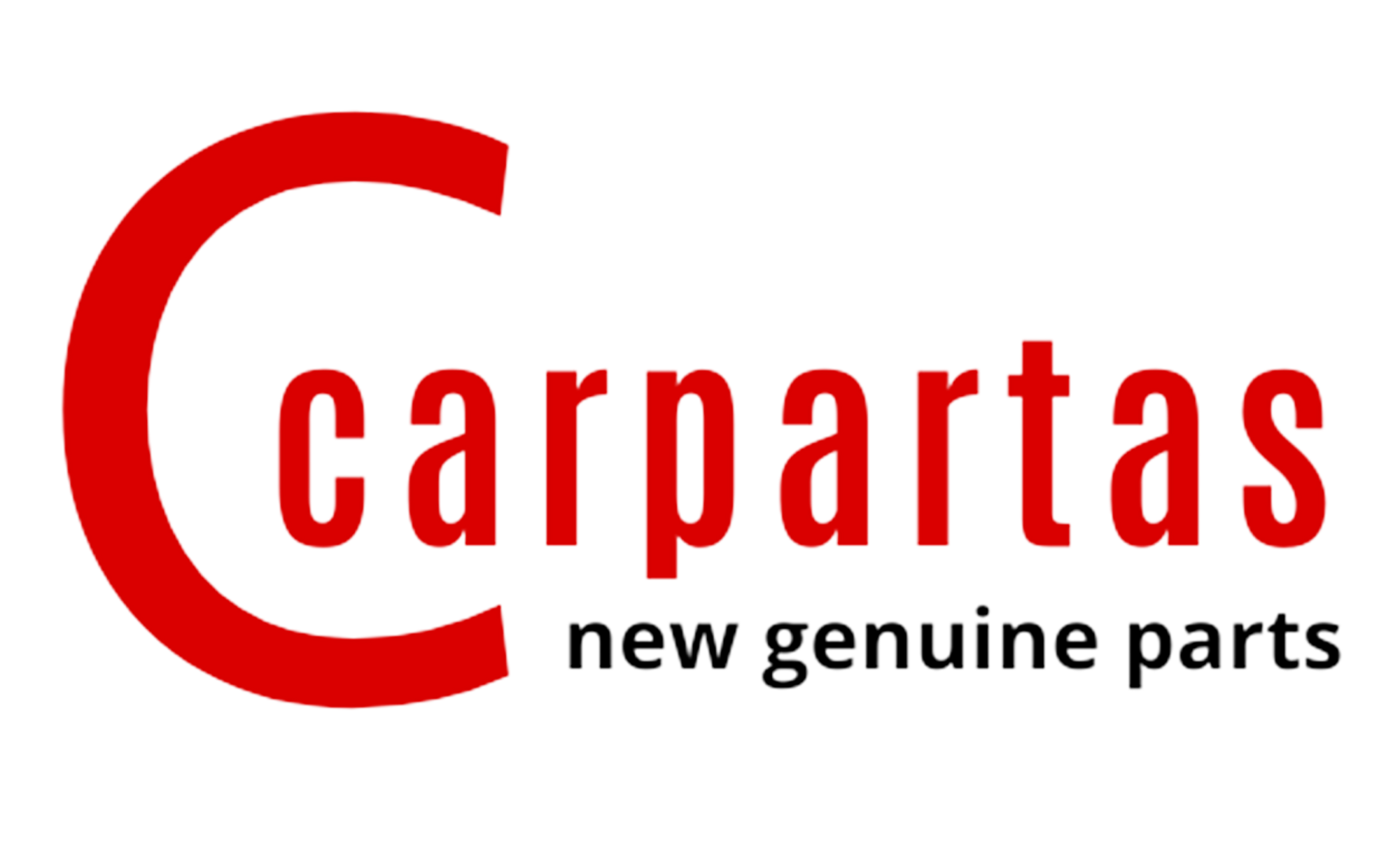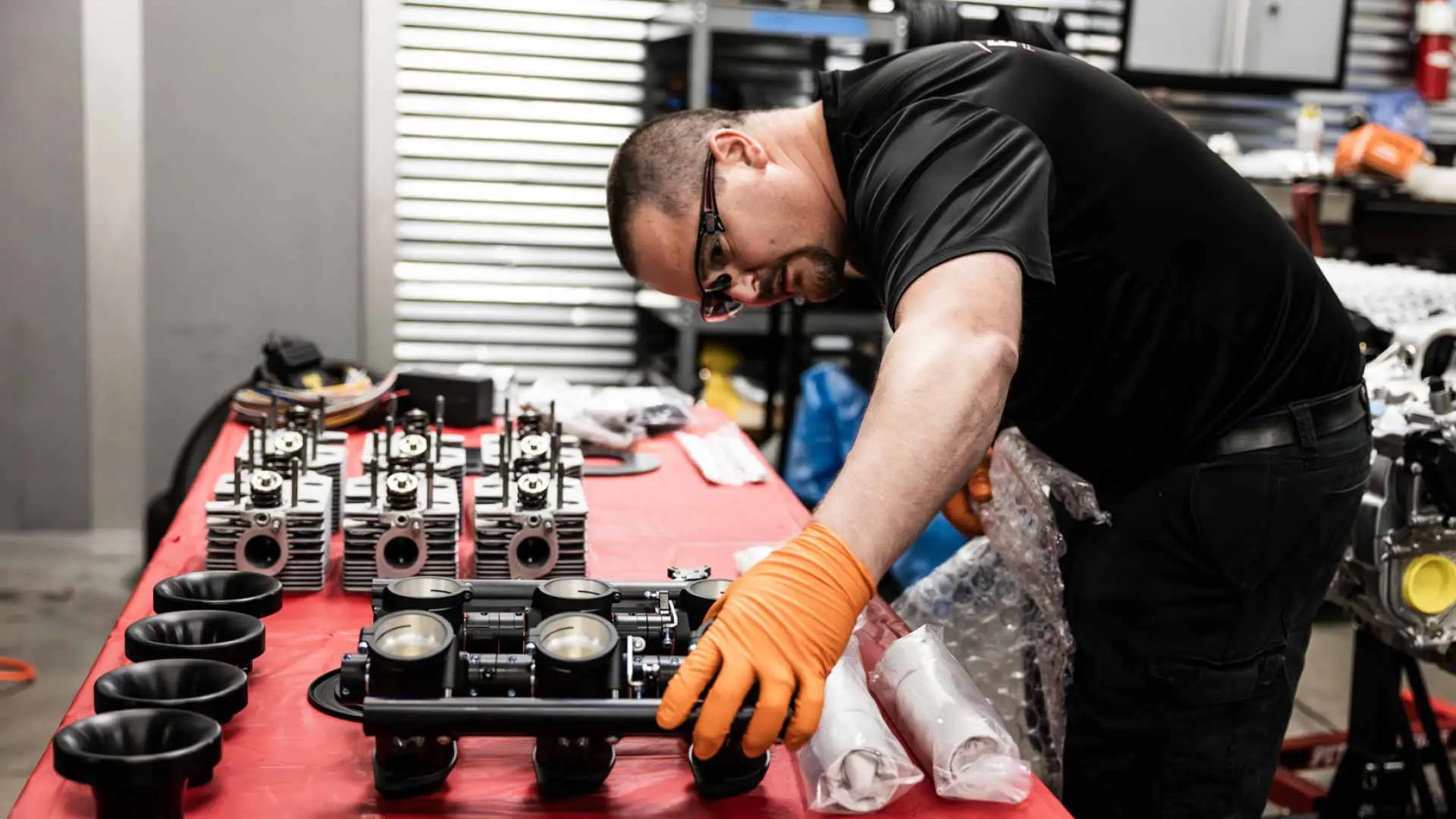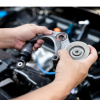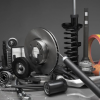Common BMW Issues and How to Fix Them
BMW cars are celebrated around the world for their sleek design, powerful performance, and advanced engineering—making them a popular choice among driving enthusiasts and luxury vehicle owners alike. However, even with their reputation for quality, BMWs aren’t immune to problems. Many owners eventually run into issues that aren’t necessarily caused by poor maintenance but rather by common wear and design-related quirks.
In this article, we’ll walk you through some of the most well-known problems BMWs tend to face and provide practical solutions to help you fix or prevent them. We’ll also tackle several reasons why you should always choose OEM BMW parts when repairing your vehicle.
1. Oil Leaks (Valve Cover Gasket and Oil Filter Housing Gasket)
BMW engines, especially inline-6 models like the N52 and N54, are notorious for developing oil leaks over time. The most common culprits are the valve cover gasket and the oil filter housing gasket. These rubber components degrade due to heat and age, which causes oil to seep out and damage other engine parts.
Fix:
- Valve Cover Gasket Replacement: Remove the valve cover, clean the mating surfaces, and install a new gasket. Torque the bolts to BMW specifications to prevent warping.
- Oil Filter Housing Gasket Replacement: This part is sandwiched between the oil filter housing and the engine block. Replacement involves removing the housing and installing a new gasket, making sure no debris enters the oil channels.
2. Cooling System Failures
BMW cooling systems are known for their plastic components, such as the expansion tank, water pump, and thermostat, which usually crack or fail after 60,000 to 100,000 miles. A damaged cooling system can quickly cause engine overheating and severe damage.
Fix:
- Preventative Replacement: BMW owners can replace the entire cooling system (pump, thermostat, hoses, expansion tank) as a preventative measure.
- Upgraded Parts: Use high-quality or upgraded aftermarket parts made from aluminum or reinforced plastic to increase longevity.
- Coolant Flush and Regular Checks: Keep the system healthy by regularly flushing coolant and checking for leaks or cracks.
3. Electric Water Pump Failure (Common in Newer BMWs like the E90/E60 Series)
Unlike traditional belt-driven pumps, BMW uses an electric water pump in several models. These are efficient but prone to sudden failure without warning, often leaving the vehicle undriveable.
Fix:
- Replacement With OEM Part: Once failure is diagnosed (typically with overheating warnings and fault codes), the water pump and thermostat should be replaced.
- Battery & Sensor Check: Check the battery and electrical systems to see if they are in good condition since low voltage can affect pump function.
4. High-Pressure Fuel Pump (HPFP) Failure (N54 and N55 Engines)
Turbocharged BMW engines, especially the N54 and early N55 models, usually experience HPFP failures. This causes long cranks, misfires, loss of power, and engine warning lights.
Fix:
- HPFP Replacement: The only real fix is replacing the HPFP. Luckily, BMW has issued extended warranties for this part in many regions due to the high failure rate.
- Fuel System Cleaners: Regularly using quality fuel and occasional fuel system cleaners can help minimize stress on the pump.
5. Electronic Issues (iDrive, Sensors, and Warning Lights)
BMWs are packed with advanced electronics, but these systems can sometimes be temperamental. Common problems include faulty sensors, iDrive malfunctions, airbag lights, or battery drain because the modules stay active when the car is off.
Fix:
- Software Updates and Module Resets: Many electronic issues can be fixed by updating the vehicle software or resetting specific control modules via BMW’s diagnostic tools.
- Battery and Ground Check: Inspect if your battery is in good condition and that all ground points are clean and secure.
- Replace Faulty Sensors: If specific sensors (e.g., wheel speed, oxygen, or crankshaft sensors) fail, they must be replaced with OEM-quality parts.
6. Timing Chain Issues (Especially in N20 and N26 4-Cylinder Engines)
Some 4-cylinder BMW engines are known for premature timing chain wear or failure. This can cause engine ticking, rough idle, or catastrophic engine damage if the chain snaps.
Fix:
- Timing Chain Replacement: This labor-intensive job requires replacing the chain, guides, and tensioners.
- Early Inspection: Listen for rattling on cold starts and have the timing components inspected at around 70,000 miles.
7. Carbon Build-Up (On Direct-Injection Engines like N54/N55)
Direct-injection engines may suffer from carbon build-up on the intake valves as fuel no longer washes over them. Over time, this can cause rough idling, loss of power, and poor fuel economy.
Fix:
- Walnut Blasting: This process uses crushed walnut shells blasted into the intake ports to clean carbon deposits without damaging the valves.
- Catch Can Installation: Some owners install oil catch cans to reduce the amount of oil vapor entering the intake system.
8. Suspension Component Wear (Control Arm Bushings, Struts, Ball Joints)
BMWs offer great handling, but their suspension components, especially control arm bushings and struts, wear out relatively quickly, especially on rough roads. Symptoms include clunking noises, uneven tire wear, and vague steering.
Fix:
- Bushing and Strut Replacement: Use quality aftermarket or OEM parts. Replacing the bushings with polyurethane variants improves performance and longevity.
- Alignment After Repair: Always realign the vehicle after suspension work to avoid tire and handling issues.
9. Transmission Problems (Jerking, Hesitation, or Slipping)
Some BMW automatic transmissions, especially in older models, can exhibit jerky shifts, hesitation, or slipping. This is typically caused by aging fluid, mechatronic unit issues, or worn-out solenoids.
Fix:
- Transmission Fluid & Filter Change: BMW often claims their transmission fluid is “lifetime,” but changing it every 60,000 – 80,000 miles can greatly improve performance.
- Mechatronic Sleeve Replacement: This is a common leak point and relatively easy to fix before it causes further damage.
OEM BMW Replacement Parts: Why Choose Them?
Some BMW owners choose aftermarket parts because they’re usually affordable and easy to find. However, acquiring OEM BMW parts from reliable suppliers like Carpartas can provide more benefits.
Some of the advantages include:
- Guaranteed Compatibility: OEM parts are designed specifically for your BMW’s make, model, and year, ensuring a precise fit and proper function. There’s no need to modify or force anything during installation.
- Reliable Performance: Because OEM components are built to match factory standards, they help your BMW perform just like it did when it left the showroom—smooth, powerful, and responsive.
- Long-Term Durability: OEM parts undergo rigorous quality testing and are made from premium materials, meaning they typically last longer than many aftermarket options and require fewer replacements over time.
- Protects Your Warranty: Using OEM parts helps you stay within the terms of your BMW’s factory or extended warranty. Many warranties exclude repairs made with non-OEM parts, which could leave you paying out of pocket.
- Safer for You and Your Vehicle: Safety-critical components like brakes, sensors, and airbags are thoroughly tested when OEM. Aftermarket versions may not meet the same strict safety standards, putting you and your passengers at risk.
- Resale Value is Maintained: When your BMW is serviced with OEM parts, potential buyers or dealerships see it as well-maintained. This can help you command a higher price and sell the car more easily.
- No Guesswork for Technicians: Mechanics know exactly how to install OEM parts since they’re identical to the originals. This saves time during service and helps avoid errors or compatibility problems.
- Better Support from BMW Dealerships: Dealerships recognize and prefer OEM parts. If your car ever needs dealer service, using OEM ensures smoother diagnostics, faster service approvals, and better cooperation with BMW’s support system.
- Proven Track Record: OEM parts have been tested extensively in labs and real-world driving conditions. You’re not taking a gamble—you’re using something known to work well.
- Peace of Mind: With OEM parts, you know your BMW is getting components it was designed to run with. This gives you confidence in your car’s reliability, safety, and long-term performance.
Looking for Durable, Quality OEM BMW Parts? Contact Carpartas Now!
You don’t need to look far when looking for OEM parts because Carpartas is always ready to help you find what you need. For BMW owners, we offer a wide range of high-quality OEM parts sourced straight from the manufacturer. This means every product comes with a warranty, giving you the reliability you deserve. Plus, our worldwide shipping ensures you receive your parts without leaving the comfort of your home.
Contact us now to place your first order with us!










